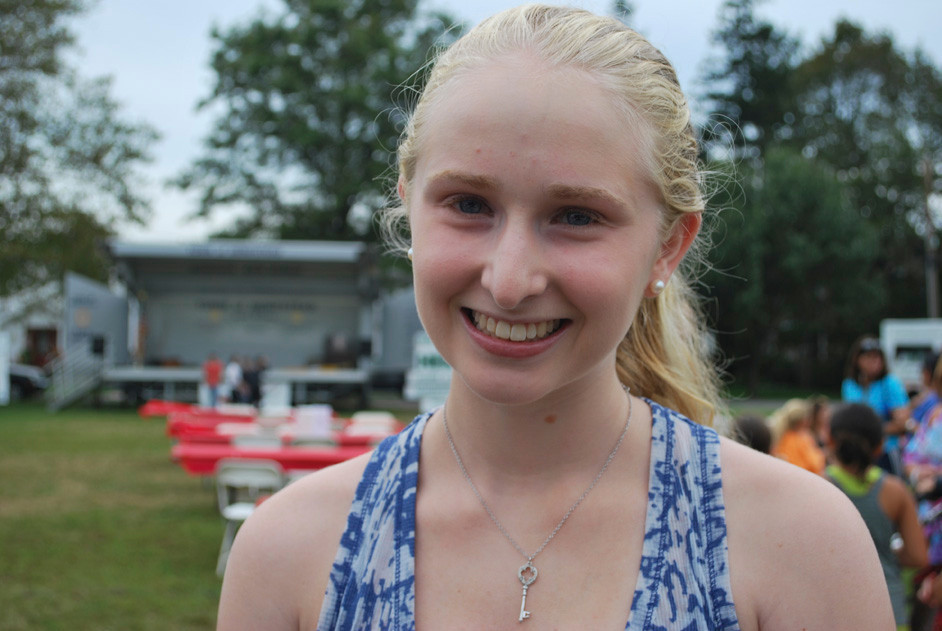Learning that could pay future dividends
March 12 was not the typical day in Janette Zawitowsky’s sixth period honors Calculus class. Instead of the typical equations students learned about Frank Zaret’s profession as an accomplished actuary how to prepare for it and the required critical thinking skills.
Zaret, now retired, serves as vice president on the Board of Trustees of the Center for Adult Life Enrichment, or CALE, which is located on the Hewlett High School campus. A longtime resident of Woodmere, he became an actuary in 1961 and is a Fellow of the Society of Actuaries (FSA) and a Member of the American Academy of Actuaries (MAAA). Zaret was a vice president at the Metropolitan Life Insurance Company. He is also treasurer of the Hewlett-Woodmere library.
Earlier in the school year, Thomas Kenny, head of pupil personnel services, informed teachers about the academic opportunities related to CALE. He said that the many interesting and knowledgeable senior citizens at CALE would be thrilled to visit classes at Hewlett High to share stories about their careers, work or life experiences with the students. Zawitowsky responded to Kenny’s offer. She was very excited about the presentation thinking her senior students would benefit as they contemplate college majors and career choices.
Many students in the class were unfamiliar with the actuary profession prior to the presentation. Zaret explained that an actuary analyzes and makes decisions for insurance companies based on complicated math formulas and statistics. Zaret described the required tests and the courses that should be taken in college, but also the value of having a real passion for math and problem solving. He said you don’t have to be a Calculus whiz to be an actuary, but rather someone who possesses a broad knowledge of math and statistics.
Many of my peers in Calculus classes and I often wonder when we will use these complex equations and formulas in real life. With that in mind, the students in Zawitowsky’s class greatly appreciated the presentation. Zaret explained that you might not need Calculus to solve a problem, but rather your problem solving and deductive reasoning skills that developed from learning Calculus.
The students would not have learned any of these meaningful lessons if it weren’t for the relationship that exists between the high school and CALE. Administrators at the high school and members of CALE recognize the advantages of encouraging intergenerational learning. “The presentation was definitely enjoyable and interesting. It’s good that our school isn’t only about rote learning, but that it also provides us with real-world knowledge,” student Jason Kay said. “I think the school should promote these connections and have even more of these speakers in classes at the high school.”
Students are not the only ones who can gain something from these experiences “It is important for students and seniors in the community to have continued discussions for a number of reasons. It can bring better understanding between the two where age differences if often considerably different. Seniors have a lifetime of actual experiences to share, which can assist students to understand the world they are about to enter. Students can share their points of views of the world they believe they are about to enter,” said CALE member Alan Greene.
Kenny’s vision is that more high school teachers will utilize the unique opportunities available through CALE and that more programs will come to fruition. “Academic attention is great, but real-world experiences are important too,” Zawitowsky said. “I hope to continue to arrange presentations for my senior students because the more exposure they are given to possible careers, the more they understand what they can do.”






